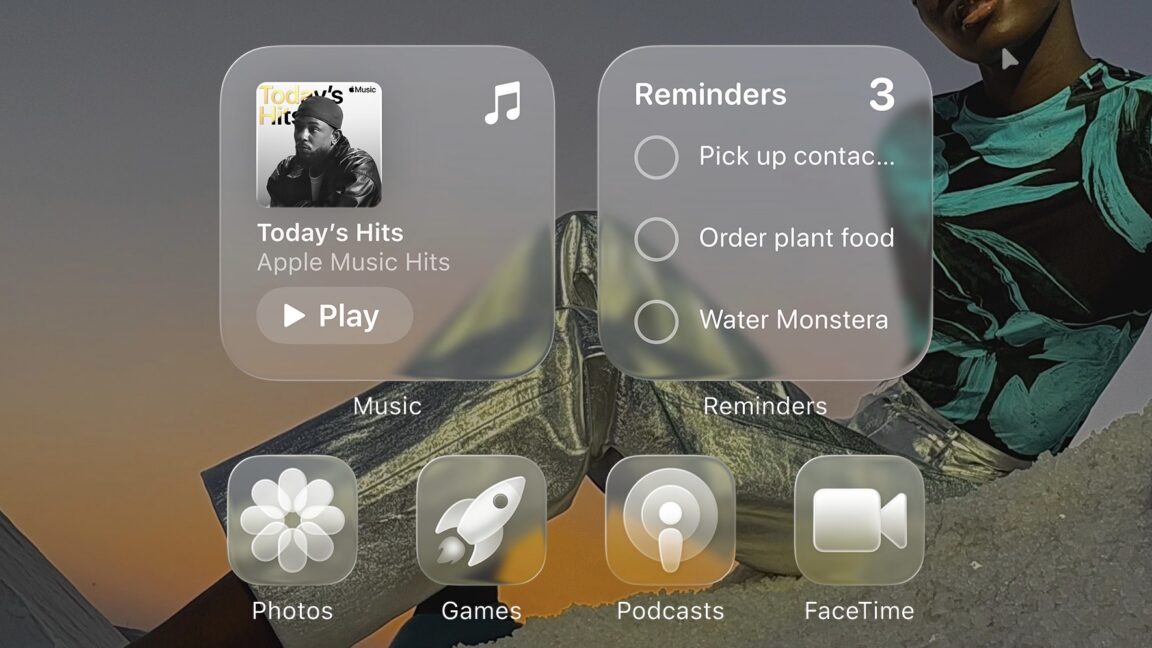Perplexity has just launched its agentic answer to Google Chrome — it’s called Comet, and it knocked out a slate of tasks on my behalf, though I think I could’ve done some faster myself. The new AI-powered browser is currently only available to Perplexity Max subscribers or through an early access waitlist, and it’s supposed to simplify the way you browse the web by infusing AI into practically everything you do.
For one, it replaces Google Search results with its Perplexity AI “answer engine,” which appears in your browser window when you type a query into the address bar. Unlike your typical search engine, Perplexity will first surface links to relevant websites and then generate information about what you’re looking for. Comet’s distilled search results come in handy when you want it to narrow down your results for you, but it’s a bit jarring not to see the massive selection of websites suggested by Google.
Comet also comes with an AI assistant built in, similar to the Gemini integration that Google is testing in Chrome. Selecting the Assistant button in the top-right corner of the browser will open up a sidebar with a chat interface. From here, you can type in a query or use voice mode to chat about different topics, as well as ask specific questions about the webpage you’re on.
Comet can generate a summary of an article, describe an image, summarize YouTube videos, or perform more research about a topic that catches your eye. It’s also able to scan all of your open tabs to provide summaries of those pages and compare products on them.
At this point, these are all pretty standard features for an AI tool, but what makes Comet really stand out is its ability to complete tasks on your behalf. After linking my Google account to the browser, I found that it was frighteningly fast at generating — and sending — an email to myself containing a summary of this year’s hurricane season outlook. The browser also speedily complied with a request to close all the tabs I hadn’t opened in more than 15 minutes. It even wrote and published a post on my X account on my behalf about the upcoming Made by Google event.
I asked it to unsubscribe from the promotional emails sent by Fubo and Fanatics.com as well. I watched as Comet’s AI assistant walked itself through the process. In the chat interface, Comet shows what it’s “seeing” as it locates recent emails sent by the companies, finds the unsubscribe button, and then actually selects it.
I even had Comet go through my list of LinkedIn invites and accept requests from people with five or more mutual connections. The browser once again traced its own process of going through my invites, identifying which ones met my threshold for mutual connections, and then hitting Accept. But as I had Comet perform these tasks, I couldn’t help but think it’d be faster if I did them myself.
It took Comet two minutes to unsubscribe from receiving emails from those two providers, but it only took me a little over 30 seconds to unsubscribe from the same ones (yes, I timed myself). Comet also ate up a chunk of time when accepting a couple of LinkedIn invitations, a task I could do in just a couple of clicks. I can see it serving as a great accessibility tool, as well as a way to complete tasks in the background while you’re doing something else.
You can unlock even more agentic features when you start a prompt with “take control of my browser.” I didn’t realize this until I contacted Perplexity to ask when the browser would be capable of booking reservations or buying products. Without this phrase, Comet will stop short of completing these tasks and instead provide instructions on how you can do it manually.
To start, I asked Comet to “take control of my browser” and summarize the comments on a Verge article. Instead of denying my request because it couldn’t read the collapsed comments section (like Gemini in Chrome did), Comet worked around this and opened the comments section itself. It summed up the sentiment surrounding my colleague Vee’s cursed piece about Grok’s AI anime waifu, calling users’ reaction to the chatbot overwhelmingly “negative and critical.”
I took things a step further by asking Comet to take control of my browser, add aquarium sand and glue for an iPad repair to my cart on Amazon, and then check out. The process was surprisingly seamless, as I watched it acknowledge the total price, choose Prime’s one-day shipping speed, select my default payment option, and hit “order” without needing me to intervene.
I only ran into some hiccups when having Comet book me a reservation for a restaurant. When I finally found a restaurant that accepts online reservations, I once again asked the browser to take control and make a reservation for me on a specific date. It completed the task, only it never asked for my email or phone number, and instead entered a generic placeholder for both. I was able to have Comet rebook with my actual email address, but it shows that the browser might not get everything right all the time.
“Some of the more complicated agentic actions like shopping do have a higher failure rate than simpler tasks, but this is actually a limitation of current AI models,” Perplexity spokesperson Jesse Dwyer told The Verge. “So this will only get easier and better in Comet.”
Still, Comet can do far more than Chrome’s Gemini integration, and it’s exactly the type of tool that Google has set its sights on creating. Perplexity CEO Aravind Srinivas has made it clear that the startup wants to challenge Google’s dominance, and Comet may play a big role in bringing it up to speed.












 English (US) ·
English (US) ·